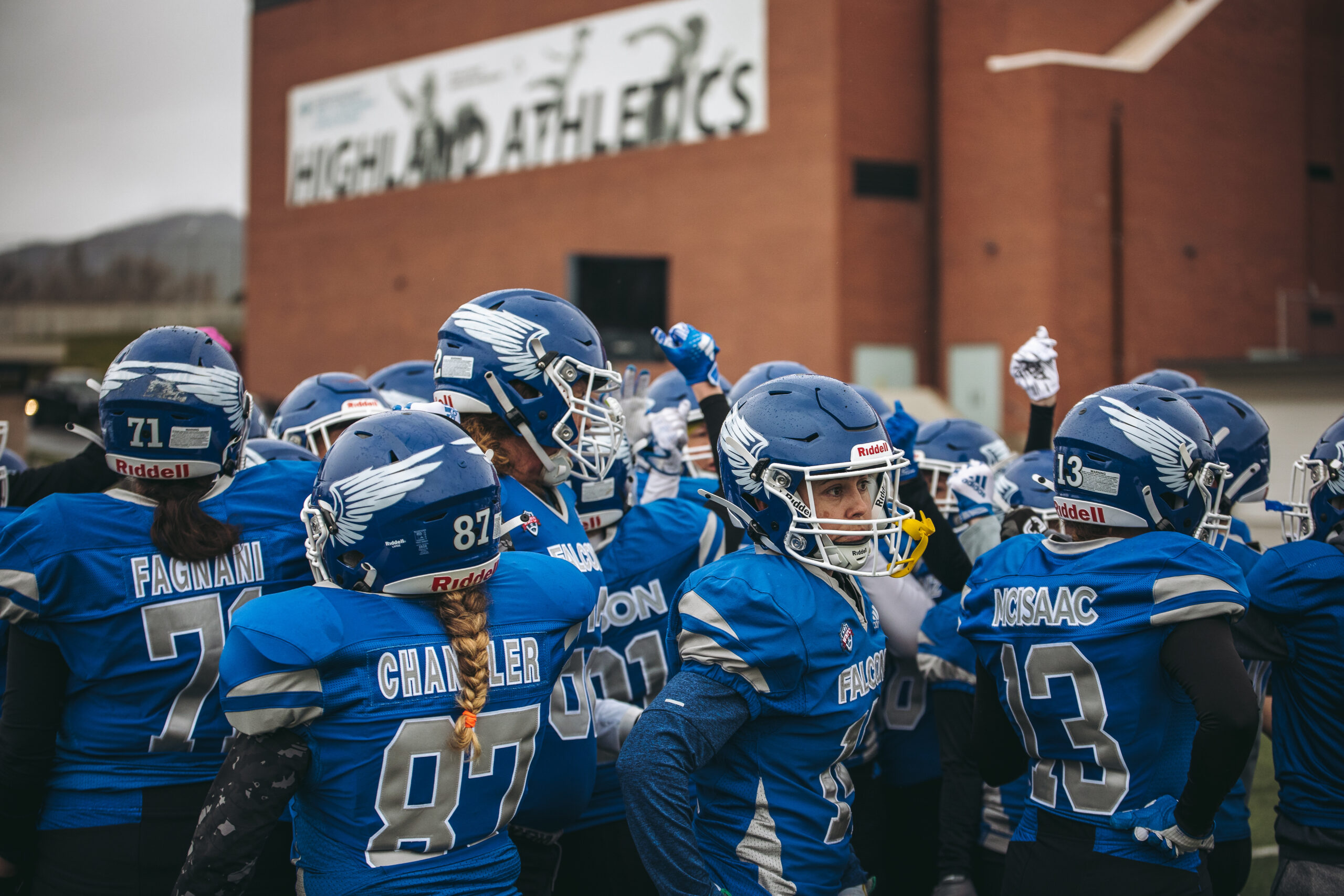Can the Caitlin Clark Effect Reach M&A Dealmakers?
Women’s sports are having a moment in the spotlight with fans and sponsors. Experts say PE investors could soon get in the game, too.

The Caitlin Clark effect on the economics of women’s sports is undeniable.
In May 2023, just weeks after Clark’s record-setting run with the University of Iowa’s Hawkeyes in the NCAA tournament (she scored the most points in a single NCAA tournament, male or female), PwC conducted research into the accelerating momentum (and revenue) of women’s sports.
This article is part of Next Target, ACG’s partnership with Grata.
Photograph by Jason Strother and Brandon Hardman.
Its survey concluded women’s sports fans tend to be more engaged than their male counterparts, resulting in higher game attendance and merchandise purchases, a greater likelihood of betting on games and increased viewership of game broadcasts.
Since then, Clark has been drafted into the Women’s National Basketball Association, and her star only continues to rise. “Caitlin Clark is definitely a catalyst right now,” Lori Bistis, a deals partner at PwC and leader of its sports practice, told Axios in May.
Sports fans continue to watch how far and wide female athletes’ impact can reach across other corners of the sports universe.
Now, investors are watching closely, too. As private equity acquirers begin to embrace M&A opportunities in sports teams and leagues, experts say women’s sports are gradually attracting dealmakers’ interest.
“It’s not necessarily because they’re looking at getting in to do the right thing,” says Shane Winn, managing director, strategy and sports marketing, at Allison, a global marketing and communications consultancy. “It’s because they realize there is economic value in getting involved, and that no one else was doing it.”
Tracking the Data
Allison recently partnered with market research and consulting firm The Harris Poll to launch their inaugural Sports Momentum Index, a monthly consumer poll providing data behind shifting trends in sports fan engagement.
The first edition of the index finds sports are entering a new era with fans as women’s athletics take center stage. Unsurprisingly, the index shows surging momentum within the WNBA as fans reported increased personal relevancy and engagement with the league between February and late May.
“We really captured the WNBA perfectly when it was pre-March Madness,” says The Harris Poll Managing Director Jennifer Musil. “Caitlin Clark was out there (in February), but not in the way she was about to become in March.” All seven inputs accounted for in the index increased for the WNBA between February and May, a phenomenon Musil attributes to Clark’s star power.
Shifting trends in sports span beyond women’s basketball. The Professional Women’s Hockey League scored second place on the Index’s list of sports and leagues experiencing the most momentum to date, surpassing even the National Football League, which placed sixth.
Winn notes that Allison’s index can be applied to several use-cases, including brands looking to sponsor teams and leagues, as well as investors and acquirers seeking data to guide their business development and deal sourcing initiatives. There’s a gap in the market for such insight, he says. “There’s not a lot of data out there that would give an investor or brand real visibility into the value of investing in emerging or women’s sports,” he adds. “For the investor community, (the index) can be looked at as an input in decision making. It’s another lens to put on investment considerations.”
Investors Step onto the Field
PE investment in professional sports kicked off in 2019 when Major League Baseball first allowed minority investments in teams; the National Basketball Association, National Hockey League and MLS followed suit, while the NFL is now in discussions to do the same.
PitchBook data shows PE sports investment has been dominated by men’s athletics. In women’s sports, investment has occurred on a smaller scale, often through individual backers and venture capital support.
Michele Kang, who owns the Washington Spirit women’s soccer team, announced last December that she acquired the London City Lionesses Football Club. Last month, professional women’s basketball league Unrivaled debuted with seed funding from a slew of individuals in the industry, including actor Ashton Kutcher, former Warner Brothers chairwoman and CEO Ann Sarnoff and University of Connecticut women’s basketball head coach Geno Auriemma, among others. Private investment firm Range Group led the round.
An inquiry within middle-market search engine Grata reveals 4,766 companies operating in the women’s sports team and league space (including team-adjacent businesses like sports broadcasting companies and equipment retailers).
Of them, merely 16 are private equity-backed.
One prominent PE investor in women’s sports is Sixth Street. Last September the firm acquired a majority stake in the National Women’s Soccer League (NWSL) for $125 million. More recently, in March, PE giant Carlyle Group, along with the Seattle Sounders Football Club, acquired the Seattle Reign FC, an NWSL team, for $58 million.
While some deals are getting inked, industry players in women’s sports say opportunity remains for potential investors as awareness, viewership and fan engagement increase. Yet a lack of funding continues to hold back growth for many teams and leagues.
Tackling Funding Challenges
One team eager to show investors its growth potential is the Utah Falconz, a women’s semi-pro tackle football team within the Women’s National Football Conference (WNFC). Founded eight years ago, and part of the WNFC for about five, the Falconz are a rapidly expanding entity. President and wide receiver Lacy Mile says the team continues to embrace its broader goals in the community as it focuses on growth.
“Our mission is really around being involved in the community, setting people up for the future, leadership, financial success, education—all of those things that are skills outside of just playing football,” she tells Middle Market Growth. “I think we’re also growing a lot on understanding how to run as a business and grow.”
The Falconz roster has consistently expanded over the years. The team can have anywhere from 40 to 60 players, a coaching staff of between eight and 10, and a 10-member board, plus administrative staff, Mile says.
External investment for both the team and the league at large—mostly through sponsorship—is an increasing priority, particularly as Falconz team members must still pay to participate. Mile says the league’s support in bringing in those sponsors is crucial to easing financial burdens on the bootstrapped business. WNFC sponsors include brands like Adidas and Rydell, whose support helps the team pay for essentials like uniforms and travel expenses.
But expanding outside investment will be key to turning the Falconz from a pay-to-play model to one where players are compensated.
That’s not a far-fetched goal. Mile says the Falconz are setting new attendance records with stadium games. Meanwhile, in 2022 the WNFC announced that viewership of games streamed on the Vyre Network increased 475%, marking the league’s most-viewed playoff season in its history.
Look at how awesome we’re doing (with limited outside investment)…Now imagine what it could be like if we got just part of what people are putting into men’s football.
Lacy Mile
Utah Falconz
Earlier this year, the WNFC secured a five-year broadcasting deal with streaming platform DAZN Group for both tackle and flag football games, yet another reflection of the sport’s growing revenue-generating potential. “With women’s sport ratings reaching new heights, DAZN is expanding its coverage beyond its existing portfolio of premium women’s soccer rights,” stated Esmeralda Negron, co-CEO of Women’s Sport for DAZN, in a press release in April. “The WNFC is a perfect addition given the popularity of tackle football and the emergence of women’s flag football as an Olympic sport in 2028.”
Mile notes that, despite sponsorship support and increased viewership, external funding remains limited, forcing the team to “be more efficient with our money.” Still, she’s optimistic that the tides could be turning.
As to whether the Caitlin Clark effect will translate to other women’s sports and spur greater investment activity, Mile expects the movement to take time. “I’m seeing more of an openness to it, though it’s going to be a bit slower as it makes its way to women’s football,” she says.
Investors should consider the impressive growth that teams like the Falconz have managed without much financial support, Mile adds. “The biggest thing to be said is, look at how awesome we’re doing (with limited outside investment). Look at how good the competition is when we all still have full-time jobs. Now imagine what it could be like if we got just part of what people are putting into men’s football,” she says. “We’re definitely looking for people to come in and invest so we can make our product even better.”
Carolyn Vallejo is Middle Market Growth’s digital editor.
Middle Market Growth is produced by the Association for Corporate Growth. To learn more about the organization and how to become a member, visit www.acg.org.


